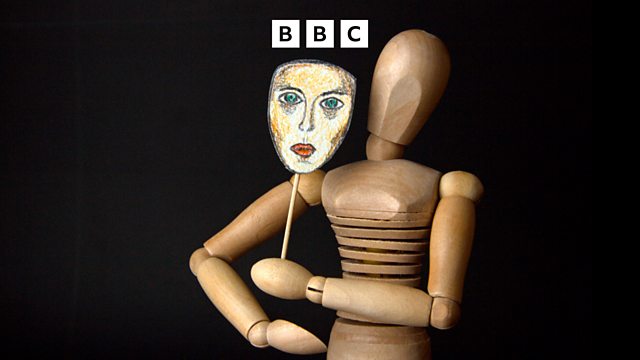Imposter Syndrome
Have you ever felt like a fraud? Think that one day your mask will be uncovered and everyone will know your secret?
Have you ever felt like a fraud? You think that one day your mask will be uncovered and everyone will know your secret. According to psychologists, this is a common feeling that many of us suffer from and it has a name: imposter syndrome. The term was coined by two American psychologists, Dr Pauline Clance and Dr Suzanne Imes, in 1978. Dr Clance and Dr Imes first thought the feeling was only experienced by high achieving women, but quickly found that men experienced it too. According to subject expert, Dr Valerie Young, women are more susceptible to imposter feelings because they internalise failure and mistakes - whereas men are more likely to attribute failure and mistakes to outside factors. However, those who belong to minority groups of whom there are stereotypes about competence also commonly experience imposter feelings.
If you suffer from imposter syndrome, don鈥檛 worry you鈥檙e in good company; Maya Angelou, Robert Pattinson, Meryl Streep, Viola Davis and many more successful people have expressed feeling like imposters.
Presented by Afua Hirsch
Produced by Priscilla Ng鈥檈the
(Image: Puppet and mask, Credit: Shutterstock)
Last on
Broadcasts
- Mon 30 Oct 2017 13:32GMT91热爆 World Service except News Internet
- Mon 30 Oct 2017 20:06GMT91热爆 World Service Online, Americas and the Caribbean, UK DAB/Freeview & Europe and the Middle East only
- Mon 30 Oct 2017 21:06GMT91热爆 World Service Australasia, East and Southern Africa, South Asia, West and Central Africa & East Asia only
- Tue 31 Oct 2017 02:32GMT91热爆 World Service except News Internet
- Mon 6 Nov 2017 06:32GMT91热爆 World Service South Asia
Featured in...
![]()
Sound Advice: Imposter Syndrome
Support & tips on what to do when self-doubt comes creeping in.
Get the podcast
Subscribe or download individual episodes for free
Why do we look the way we do?
Tattoos, trainers, jeans, hair, ties ... why?
Podcast
-
![]()
The Why Factor
The extraordinary and hidden histories behind everyday objects and actions



